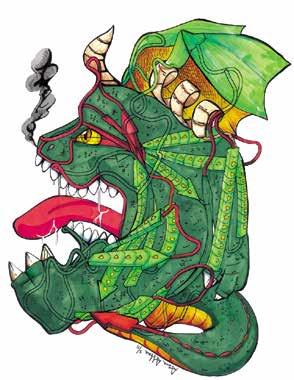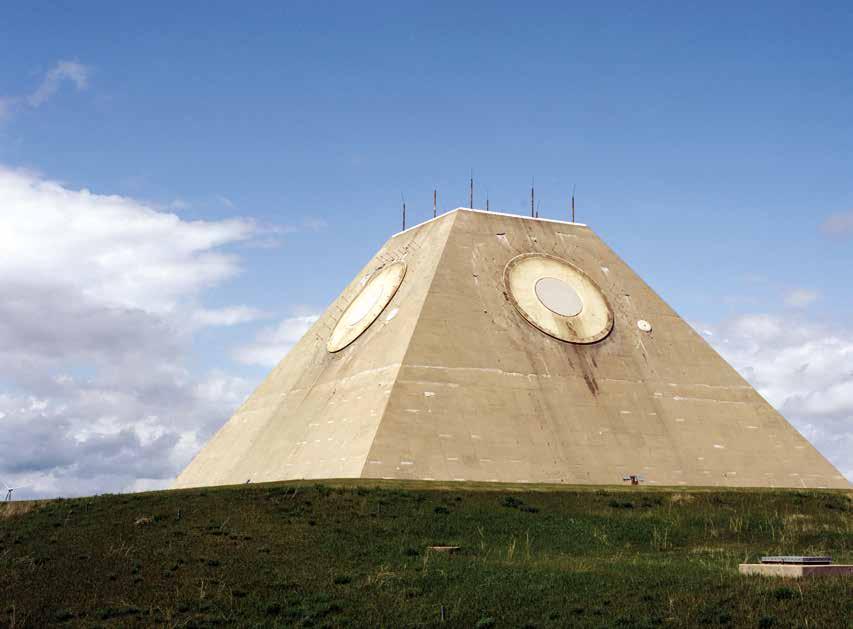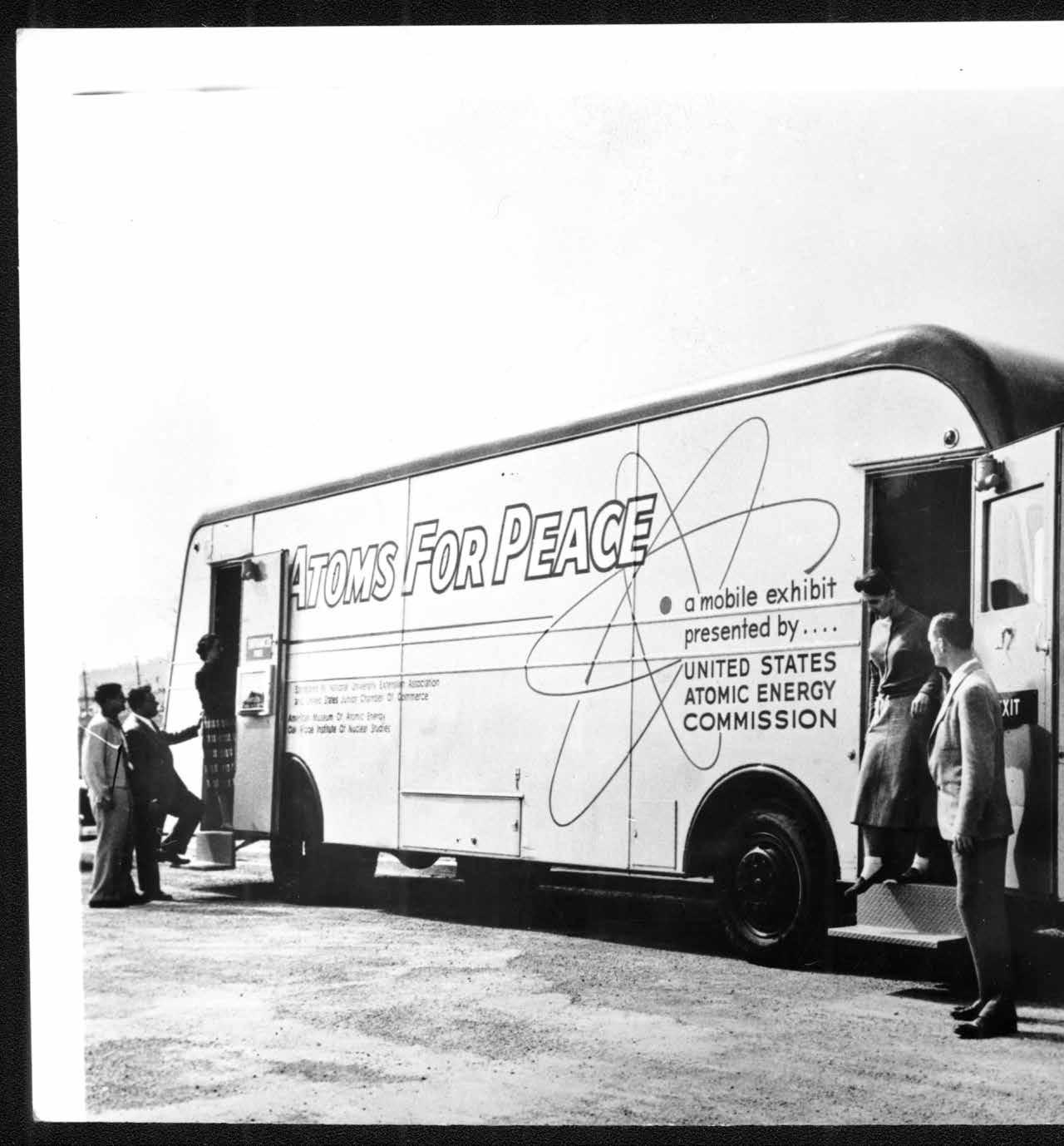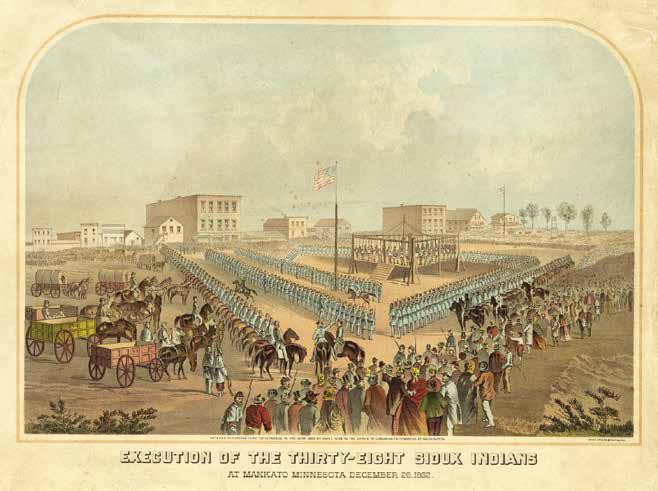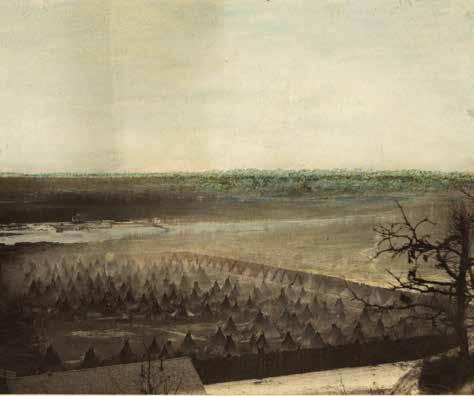[the civil war & world war I]
Until recent years, I knew nothing about Beriah or Ebenezer Magoffin except their exotic names, which would be perfectly at home in a Dickens story. And I knew the name only because, in the way of children, I occasionally overheard grownups use it. Perhaps it stuck in my memory because it was so unlike the familiar German surnames around me, or maybe because to a child it sounded like “McCoffin.” Among the second- and third-generation immigrant Germans of that time and culture, not much was explained to children. Grownups talked to each other and children overheard and interpreted as best they could. Children, it was assumed, would be told what they needed to know and no more. It must have been years before I put bits and pieces of overheard grownup conversations together to glean that my dad, John Rempfer, along with my dad’s youngest brother, Jake, had operated “McCoffin’s” store in Monango after Ebenezer Magoffin retired. They never renamed it “Rempfer’s,” that I know of. It had been Magoffin’s for nearly 60 years and so it remained. My father had gone to business school in Fargo in the 1930s, where he acquired the beautiful script that makes old ledgers and records into calligraphic art. After he finished school in 1935, he started working in the store for Eb Magoffin. But by 1939, the first dislocating quakes signaling the approach of war scattered young men to places far from home. “Johnny,” as my mother and his family called him, served in the Aleutians and then the Philippines. Jake was a radioman, flying “the Hump” in Burma. Johnny came home severely sick with malaria, acutely ill for nearly a year. But in 1946, Johnny and Jake bought Magoffin’s store and ran the business together. Two years later, in February 1948, the store burned to the ground. Two months
16



